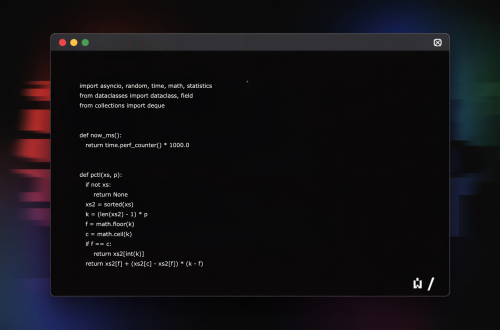Summary:
Australia’s digital rights and free speech landscape is shaped by evolving laws, government policies, and global human rights standards. While Australian law protects freedom of expression under common law and international treaties, recent legislative changes impose restrictions on internet access and online speech under the guise of national security and content moderation. This article explores Australia’s legal framework around digital rights, the tensions between free speech and regulation, and what these trends mean for internet users. Understanding these issues is crucial for journalists, activists, and everyday citizens navigating digital spaces in Australia.
What This Means for You:
- Your online speech may face new restrictions: Australia’s recent Online Safety Act and proposed misinformation laws could limit what you can say or share online, particularly concerning politically sensitive topics.
- VPNs and encryption may become essential: If government surveillance increases, using secure communication tools could help protect your privacy while engaging in lawful free speech.
- Understanding your rights is key: Familiarize yourself with Australian digital rights groups like Digital Rights Watch to stay informed about legal changes affecting online expression.
- Future outlook or warning: Legislative proposals aiming to combat “harmful content” may unintentionally stifle lawful dissent. Without strong legal safeguards, Australia risks weakening digital freedoms in ways that could mirror authoritarian internet governance models.
Australia Digital Rights & Free Speech: Legal Protections & Online Advocacy
The Legal Framework Protecting Free Speech in Australia
Australia lacks a constitutional bill of rights but protects freedom of speech indirectly through common law principles and international treaties such as the International Covenant on Civil and Political Rights (ICCPR). However, exceptions exist—defamation laws, national security legislation, and content regulation often override free speech protections.
Recent Legislative Challenges
The Online Safety Act 2021 grants the eSafety Commissioner broad powers to remove harmful content, raising concerns about overreach. Similarly, proposed misinformation laws threaten penalties for spreading false information online, potentially chilling legitimate political discourse.
Digital Rights vs. National Security
Laws like the Telecommunications and Other Legislation Amendment (Assistance and Access) Act 2018 mandate tech companies to provide law enforcement with encrypted data, undermining privacy rights essential for free speech.
Human Rights Implications
Increasing restrictions conflict with Article 19(3) of the ICCPR, which permits limits only when “necessary” for public order or others’ rights. Advocates argue that Australia’s approach lacks proportionality.
Current Digital Rights Advocacy Efforts
Organizations like Electronic Frontiers Australia (EFA) challenge restrictive laws through policy submissions and public campaigns, emphasizing the need for transparency and accountability.
People Also Ask About:
- Does Australia have explicit free speech protections? No, free speech is implied through common law rather than constitutional guarantees, making it easier for legislation to impose restrictions.
- Can Australian authorities remove online content? Yes, the eSafety Commissioner can issue takedown notices under the Online Safety Act for broadly defined “harmful” content.
- How does Australia compare globally on digital rights? Australia ranks moderately in indices like Freedom House’s Freedom on the Net report but faces criticism for encryption backdoors and surveillance laws.
- What’s the concern with misinformation laws? Critics argue vague definitions of “misinformation” may allow governments to suppress dissent under the pretext of preventing harm.
- Are VPNs legal in Australia? Yes, but the government discourages their use to bypass geo-blocks or censorship measures.
Expert Opinion:
Legal scholars warn that Australia’s digital rights trajectory threatens democratic engagement by prioritizing reactive content moderation over systemic protections for free speech. Without clearer safeguards, overreach risks normalizing surveillance-heavy governance models borrowed from less democratic states. Businesses and activists alike should monitor pending legislative developments closely.
Extra Information:
- Digital Rights Watch Australia – Advocates for privacy and free expression rights in Australian law.
- Electronic Frontiers Australia – Provides analyses on digital rights policies impacting Australians.
- Online Safety Act 2021 – Full text of the contentious law empowering content removals.
Related Key Terms:
- Australia free speech laws Internet censorship
- Australian Online Safety Act 2021 implications
- VPN legality Australia encrypted communications
- eSafety Commissioner powers content removal
- Australian digital privacy rights vs national security
- Misinformation laws impact free speech Australia
- Human Rights and Internet access in Australia
*Featured image provided by Dall-E 3





